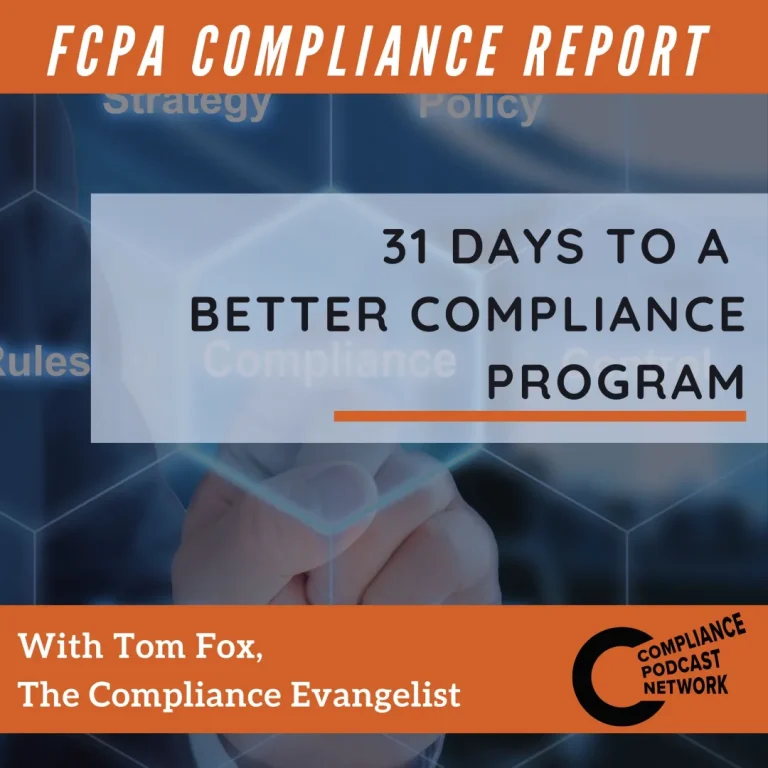Assistant Attorney General Kenneth A. Polite, Jr. began his speech on clawback policy developed by the DOJ to promote “innovative approaches to compensation,” which would “shift the burden of corporate malfeasance away from uninvolved shareholders onto those more directly responsible.” She believes “Companies should ensure that executives and employees are personally invested in promoting compliance,” as “nothing grabs attention or demands personal investment like having skin in the game, through direct and tangible financial incentives.” This led the Criminal Division to “develop guidance, guidance on how to reward corporations with compliance-promoting compensation programs.”
The clawback initiative has two parts. “First, every corporate resolution involving the Criminal Division will now include a requirement that the resolving company develop compliance-promoting criteria within its compensation and bonus system. Second is the creation of a 3-year pilot program under which the “Criminal Division will provide fine reductions to companies who seek to claw back compensation from corporate wrongdoers.”
Three key takeaways:
1. The clawback policy was developed to promote “innovative approaches to compensation.
2. Clawbacks will include those who had supervisory authority over the employees or business area engaged in the misconduct and knew of, or were willfully blind to, the misconduct.
3. How far will the DOJ push companies to move for clawbacks, and how far down the chain will it go?



